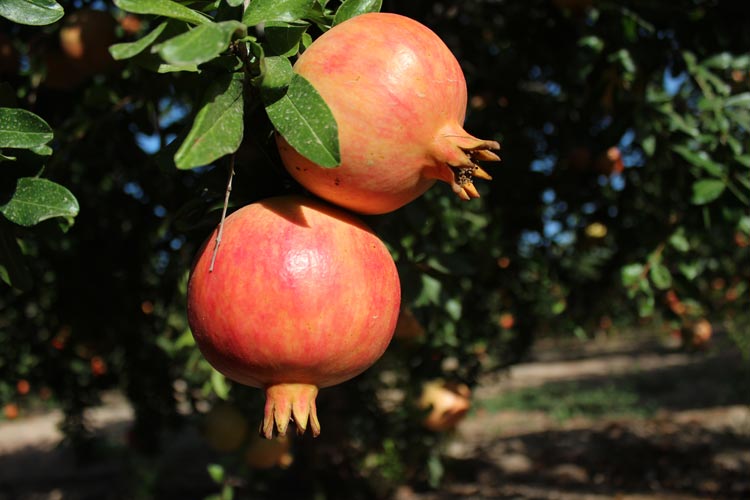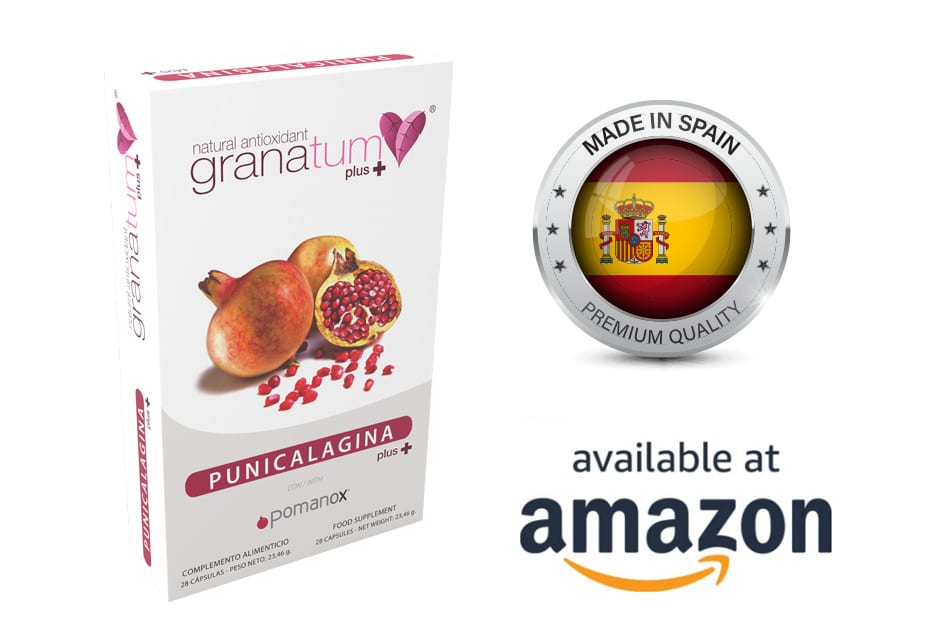
Our study provides evidence that pomegranate phytochemicals exert chemoprevention of hepatic cancer through antiproliferative and proapoptotic mechanisms by modulating Wnt/β-catenin signaling.
Hepatocellular carcinoma (HCC) is the third leading cause of cancer-related death worldwide and chemoprevention represents a viable approach in lowering the mortality of this disease. Pomegranate fruit, an abundant source of anti-inflammatory phytochemicals, is gaining
tremendous attention for its wide-spectrum health benefits. We previously reported that a characterized pomegranate emulsion (PE) prevents diethylnitrosamine (DENA)-induced rat hepatocarcinogenesis though inhibition of nuclear factor-kappaB (NF-κB).
Since NF-κB concurrently induces Wnt/β-catenin signaling implicated in cell proliferation, cell survival and apoptosis evasion, we examined anti-proliferative, apoptosis-inducing and Wnt/β-catenin signalingmodulatory mechanisms of pomegranate emulsion during DENA rat hepatocarcinogenesis. PE (1 or 10 g/kg) was administered 4 weeks before and 18 weeks following DENA exposure.
There was a significant increase in hepatic proliferation (proliferating cell nuclear antigen) and alteration in cell cycle progression (cyclin D1) due to DENA treatment and pomegranate emulsion dose-dependently reversed these effects.
Pomegranate emulsion substantially induced apoptosis by up-regulating proapoptotic protein Bax and down-regulating antiapoptotic protein Bcl-2. Pomegranate emulsion dose-dependently reduced hepatic -catenin and augmented glycogen synthase kinase-3β expression.
Our study provides evidence that pomegranate phytochemicals exert chemoprevention of hepatic cancer through antiproliferative and proapoptotic mechanisms by modulating Wnt/β-catenin signaling.
Pomegranate emulsion, thus, targets two interconnected molecular circuits (canonical NF-B and Wnt/β-catenin pathways) to exert chemoprevention of Hepatocellular carcinoma HCC.
Evidence-Based Complementary and Alternative Medicine
Pomegranate bioactive constituents suppress cell proliferation and induce apoptosis in an experimental model of hepatocellular carcinoma: role of Wnt/β-catenin signaling pathway.
